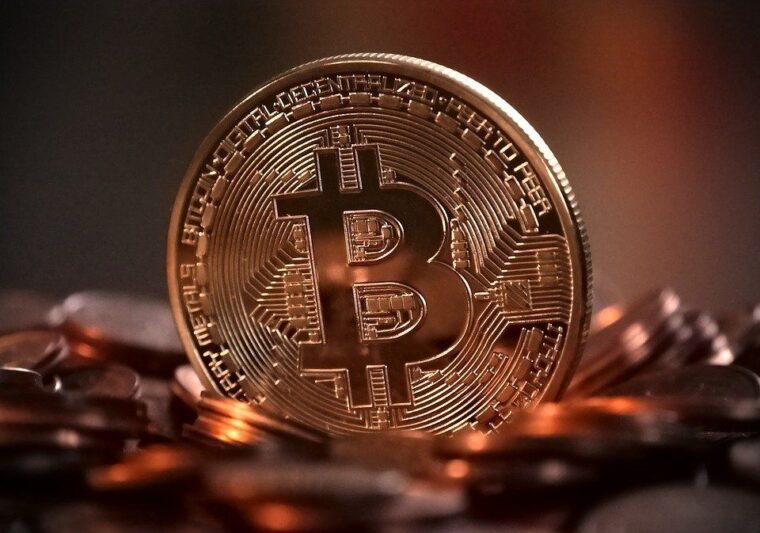In recent years, the use of cryptocurrencies has increased significantly. This could be attributed to the growing number of well-known brands and companies allowing customers to pay with cryptocurrencies.
A crucial technology known as a crypto payment gateway is used to enable these transactions. This article aims to explain how these payment gateways work and their pros and cons.
Definition & Overview of Payment Gateway

Payment gateway operates as a processor for digital currencies, much like standard bank credit and debit cards. These gateways authorise businesses to accept digital payments and accept fiat currency in return, offering greater versatility and reducing uncertainties in serving clients.
While accepting cryptocurrency payments through a personal wallet is feasible, the solution simplifies the process by eliminating the need to exchange cryptocurrencies and manage individual wallets. It’s important to note that while these gateways are not mandatory, they do enhance convenience significantly.
Crypto payment processing typically operates under two models: crypto-fiat and crypto-crypto. The former involves converting cryptocurrencies into fiat money deposited into the merchant’s account. This approach carries certain risks, such as exchange rate fluctuations, banking issues, regulatory problems, and additional counterparty risks. In contrast, the latter approach involves sending and receiving payments exclusively in cryptocurrency.
Advantages & Disadvantages

Cryptocurrencies are naturally decentralised and offer a degree of anonymity, facilitating secure transactions between parties. However, some businesses may hesitate to embrace digital currency payments due to limited understanding or scepticism about the system. Evaluating the pros and cons of crypto processing is crucial for making an informed decision.
Pros:
- Independence: Crypto payments are decentralised and free from central authority control, ensuring speed, cost-effectiveness, and enhanced safety.
- Cost Efficiency: Due to reduced intermediaries, transactional fees for crypto payments are often lower than those associated with conventional methods, such as credit cards or bank transfers.
- Privacy: Certain cryptocurrencies offer high anonymity, appealing to those prioritising privacy and safety.
- Global Reach: Crypto payments can be performed worldwide, making them a suitable option for businesses with a global Market.
- Speed and Safety: Crypto transactions are performed swiftly, and the robust blockchain technology ensures high-level security.
- No Chargebacks: crypto payment methods eliminate the risk of chargebacks, safeguarding businesses against losses.
Cons:
- Volatility: Cryptocurrencies are known for their price volatility, posing a risk to merchants who accept them as payment.
- Scalability: Cryptosystems typically have slower transaction processing rates than their fiat counterparts. They are a minimum of 6 times slower than Visa.
- Regulatory Hurdles: The legal status of cryptocurrencies varies by jurisdiction, potentially leading to legal issues and tax complications for merchants.
Understanding Cryptocurrency Transfer Fees

Cryptocurrency transfers are facilitated through digital wallets provided by service providers. Consequently, payment gateway providers may impose fees for transaction processing. Furthermore, verifying transactions on the blockchain consumes significant energy and computational resources, with miners and validators receiving fees for their efforts. The sender generally bears these fees – a small amount of cryptocurrency.
Service providers pass these fees on to users to sustain their operations and continue offering services.
Conclusion
Cryptocurrency strives to eliminate intermediaries from financial transactions, but its full potential may require time for widespread adoption. While it remains an evolving field, the possibility for cryptocurrency to revolutionise financial transactions is substantial.
Crypto payment gateway is pivotal in dispelling confusion, reducing scepticism, and building trust in this innovative system. While crypto experts may not require gateway services, for most small business owners unacquainted with this technology, mediators provide a practical resolution to simplify the payment process and confidently adopt the crypto landscape.
